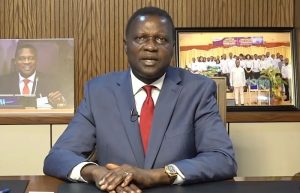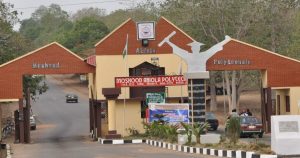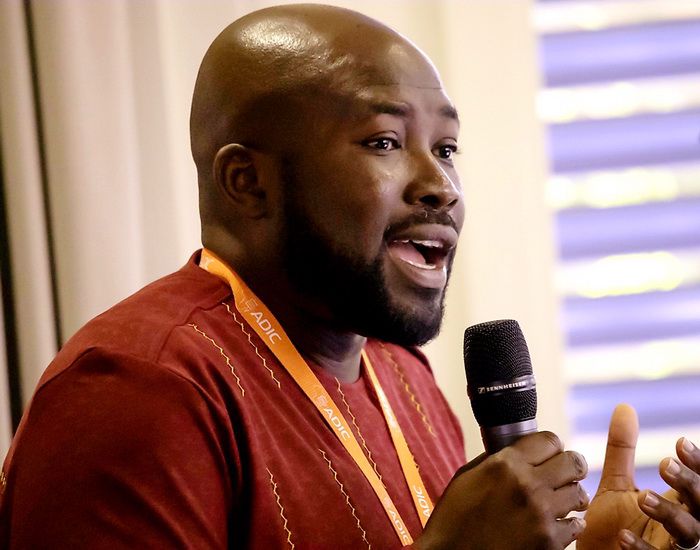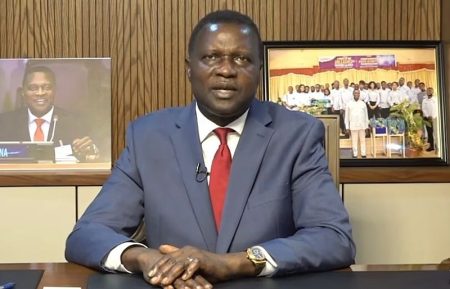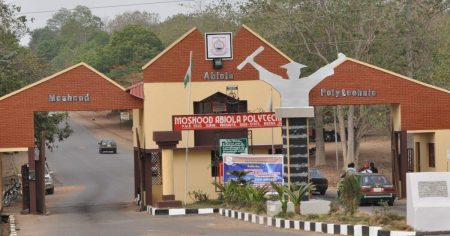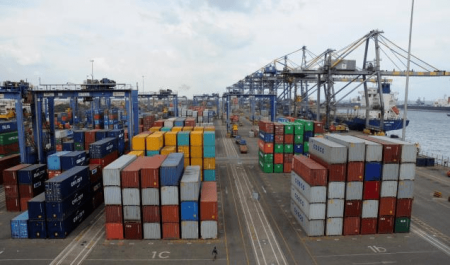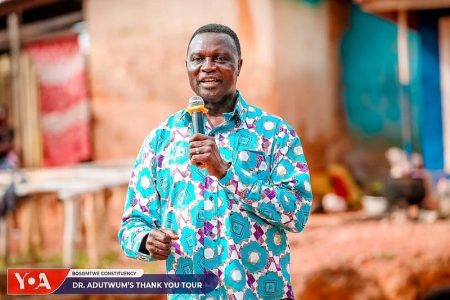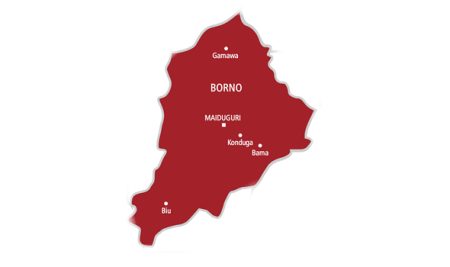Galamsey, the illegal small-scale mining prevalent in Ghana, has become a national crisis, posing a grave threat to the country’s environment, water resources, and the future of generations to come. Senyo Hosi, a prominent voice in the fight against this destructive practice and a member of the Ghana Coalition Against Galamsey, has issued a fervent call to action, urging Ghanaians to exert sustained pressure on political leaders to finally eradicate this menace. He emphasizes that the responsibility for safeguarding Ghana’s future rests upon the shoulders of its citizens, and inaction at this crucial juncture will result in irreversible damage to the nation’s natural heritage. Hosi’s plea underscores the urgency of the situation, highlighting the devastating consequences of complacency and the need for collective action to protect Ghana’s environment and secure the well-being of future generations.
The core of Hosi’s message centers on the abject failure of successive political leaders to effectively address the galamsey crisis. He points to a pattern of inaction and inadequate responses that have allowed the illegal mining operations to flourish, despite the widespread awareness of the devastating environmental and social consequences. This lack of political will has emboldened the perpetrators of galamsey, further exacerbating the problem and deepening the environmental wounds inflicted upon the nation. Hosi contends that this systemic failure of leadership necessitates a groundswell of public pressure, a unified voice demanding accountability and concrete action to halt the destruction. The fight against galamsey, he argues, cannot be left solely to government institutions; it requires the active participation of all Ghanaians, united in their determination to protect their natural heritage.
The consequences of unchecked galamsey, as outlined by Hosi, are dire and far-reaching. Ghana’s water bodies, essential for life and economic activity, are being polluted at an alarming rate, threatening the health of communities and the sustainability of vital ecosystems. The relentless extraction of resources is depleting the nation’s natural wealth, jeopardizing future economic prospects and leaving a legacy of environmental degradation for generations to come. Hosi paints a bleak picture of a future where Ghana’s children and grandchildren will struggle to survive in a land ravaged by unsustainable practices, a stark warning of the consequences of inaction. His message underscores the interconnectedness of environmental health and human well-being, highlighting the urgent need to protect Ghana’s resources for the prosperity of present and future generations.
Hosi’s call to action extends beyond mere awareness-raising; it is a clarion call for active citizen engagement in the fight against galamsey. He implores Ghanaians to rise up and demand accountability from their leaders, advocating for concrete measures to combat this illegal activity. The media, he emphasizes, plays a crucial role in amplifying this message, disseminating information, and holding those in power accountable for their actions. Hosi envisions a collective effort, a unified front of citizens, journalists, and civil society organizations working together to protect Ghana’s environment from further destruction. This collaborative approach, he argues, is essential to overcoming the entrenched interests that perpetuate galamsey and to ensuring a sustainable future for the nation.
Furthermore, Hosi’s message carries a veiled warning of potential escalation in citizen action should the political leadership continue to fail in its responsibility to address the galamsey crisis. He hints at the possibility of mass protests and civil disobedience, suggesting that citizens may be forced to take more drastic measures to protect their environment and their future. This veiled threat serves as a powerful reminder of the growing frustration and disillusionment among Ghanaians, who are witnessing the destruction of their natural resources while those in power seem unwilling or unable to act. Hosi’s words serve as both a call for immediate action and a warning of potential consequences should the government fail to respond effectively.
In essence, Senyo Hosi’s message is a powerful indictment of the political inaction that has allowed galamsey to flourish, and a rallying cry for citizens to take ownership of the fight to protect Ghana’s environment. He paints a stark picture of the devastating consequences of continued inaction, emphasizing the urgent need for collective action to safeguard the nation’s natural heritage and secure a sustainable future for generations to come. His call to arms resonates with a sense of urgency, emphasizing that the time for complacency is over and that the future of Ghana rests upon the collective will of its people to demand change and protect their environment from further destruction.



